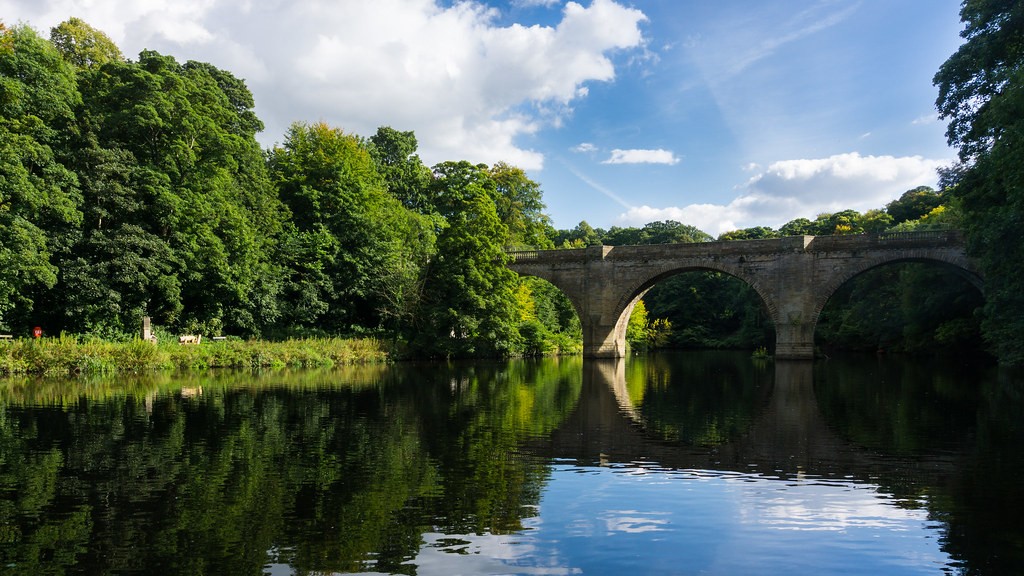Overview of Barge Transportation on the Mississippi River
Barge transportation has been an integral part of commercial life on the Mississippi River for over two centuries. The Mississippi River has been an important economic artery for centuries, linking cities, towns, and other communities along the way. From the early 19th century to present day, barges have served as a reliable way to transport goods and materials up and down the Mississippi River’s busy waterways.
Barges are large and strong vessels that move goods and materials from one port to the next on rivers, oceans, and lakes. On the Mississippi River, these vessels are a major feature of the river’s infrastructure and are used to transport an incredible amount of commodities and raw materials each year.
Quantity of Barges on the Mississippi River
The exact number of barges on the Mississippi River varies with season and demand. According to some estimates, there are over 10,000 barges in active use on the waterway, transporting everything from sand, gravel, coal and slag, to fuel, wood chips, and grain.
The type, size and quantity of cargo the barges carry largely depends on where the barges are going and what their ultimate destination is. Some barges may carry a combination of goods and materials while others may carry a single type of cargo.
In addition to the number of barges in use on the Mississippi, recent data also suggests that an estimated 2 million tons of cargo move up and down the Mississippi River every day. And, it is estimated that over $400 million in goods and materials are transported on the river every year.
The Disadvantages of Barge Transport on the Mississippi River
Despite its extensive use, barge transport on the Mississippi River is not without its problems. One of the major issues associated with barge transport relates to its environmental impacts. This is particularly true of the sand, gravel, coal and slag cargo that is often transported on the waterway. It’s believed that these materials, when discharged into the river, can cause significant damage to aquatic life and the river’s delicate ecosystems.
Another issue relates to the increasing demand for barges, which has caused some problems with capacity and scheduling. The high demand for barges has led to increased congestion on the river, which can cause delays in the shipment of goods and materials.
The Benefits of Barge Transport on the Mississippi River
Despite the potential disadvantages associated with barge transport, there are also numerous benefits. For starters, barges are one of the cheapest and most efficient ways to transport goods and materials up and down the Mississippi River. In addition, barges eliminate the need for long-haul trucking of cargo, which can reduce emissions and other environmental impacts.
Barges are also safer than other types of transport, such as trains and trucks, because they remain largely unaffected by harsh weather conditions. This means that cargo can be reliably delivered, even during bad weather. Finally, barges can also help to reduce costs, as less fuel is required to transport goods compared to other types of transport.
Future of Barge Transport on the Mississippi River
The future of barge transport on the Mississippi River looks bright. As demand for goods and materials continues to rise, the number of barges in use on the waterway is also expected to grow. This in turn, could lead to further investments in infrastructure upgrades and new technology, making barge transportation even faster, safer and more efficient.
However, there are also challenges on the horizon. In order to ensure the river remains open and its marine life protected, it is essential that barge operators remain aware of the environmental impacts of their activities. This means adhering to environmental regulations, good management practices, and taking steps to reduce emissions and pollutants.
Economic Impact of Barge Transportation on the Mississippi River
The economic impact of barge transportation on the Mississippi River cannot be overstated. The river is responsible for carrying an estimated $200 billion in goods and materials each year. This creates jobs and economic development throughout the region and helps to sustain the local economy.
In addition, the barge traffic on the Mississippi is an important part of the overall US transportation infrastructure. This includes goods and materials crossing the border from Canada and international destinations, as well as goods and materials coming from within the US. This helps to keep cargo moving quickly, efficiently and safely.
Technological Impact on Barge Transport on the Mississippi River
Technology is playing an increasingly important role in barge transport on the Mississippi River. This is particularly true for the development of autonomous vessels, which can reduce the risk of human error and improve the overall efficiency of the operation. Companies are also investing in remote monitoring and analytics to better understand the river systems and better manage the barge fleets.
In addition, the use of virtual reality and 3D mapping is helping to improve navigation on the Mississippi River. This allows companies to visualize channels and other landmarks, which can help to ensure more accurate navigation and tracking of barges.
Safety of Barge Transportation on the Mississippi River
The safety of barge transportation on the Mississippi River is paramount. Companies are taking steps to ensure that their vessels are equipped with the latest safety technologies and that their vessels are operating to the highest safety standards. This includes the use of wireless monitoring systems and the installation of cameras to monitor the vessels.
In addition, the US Coast Guard and other government agencies are working to ensure the overall safety of the river by monitoring vessel activity, enforcing regulations, and providing educational materials to barge operators. This helps to ensure that the vessels remain in compliance and that the river remains a safe and efficient waterway for all.




